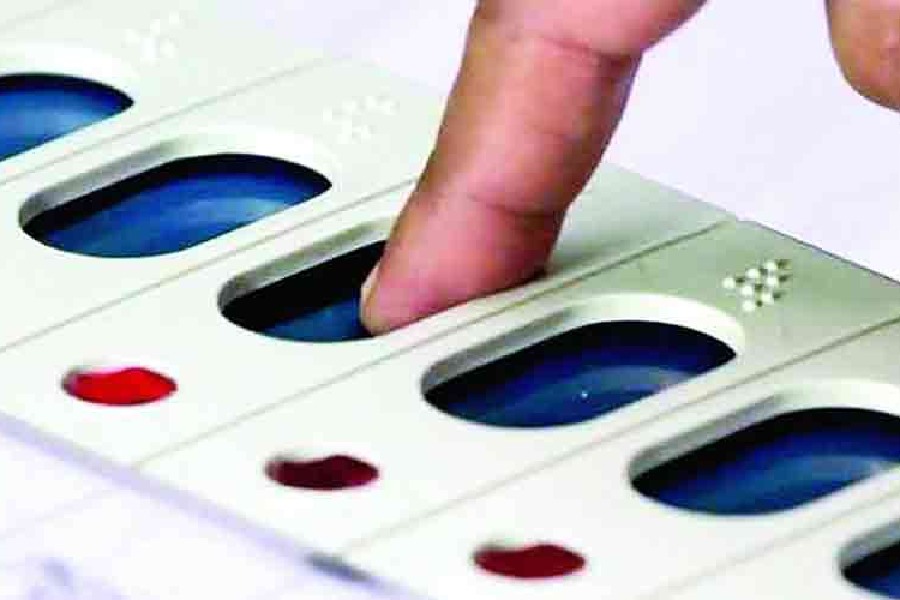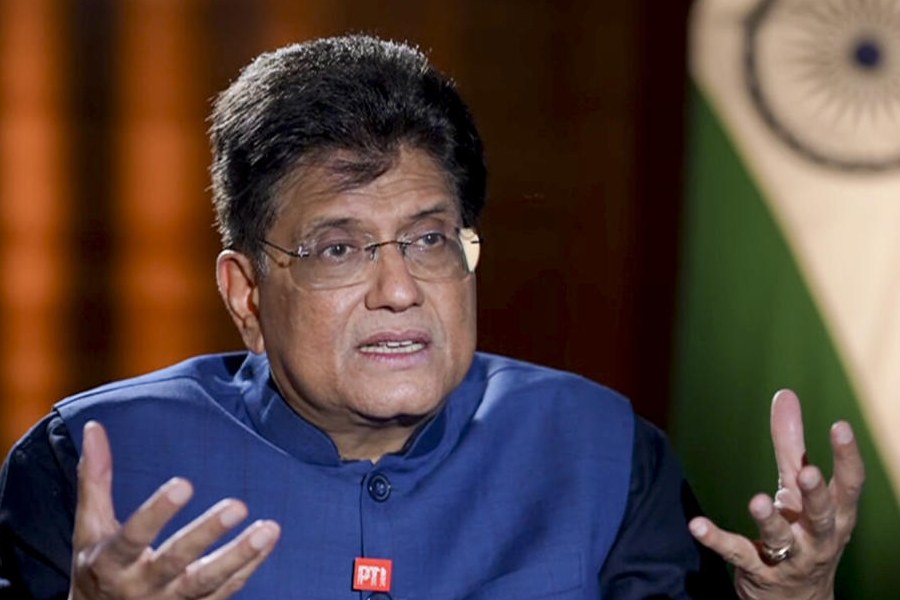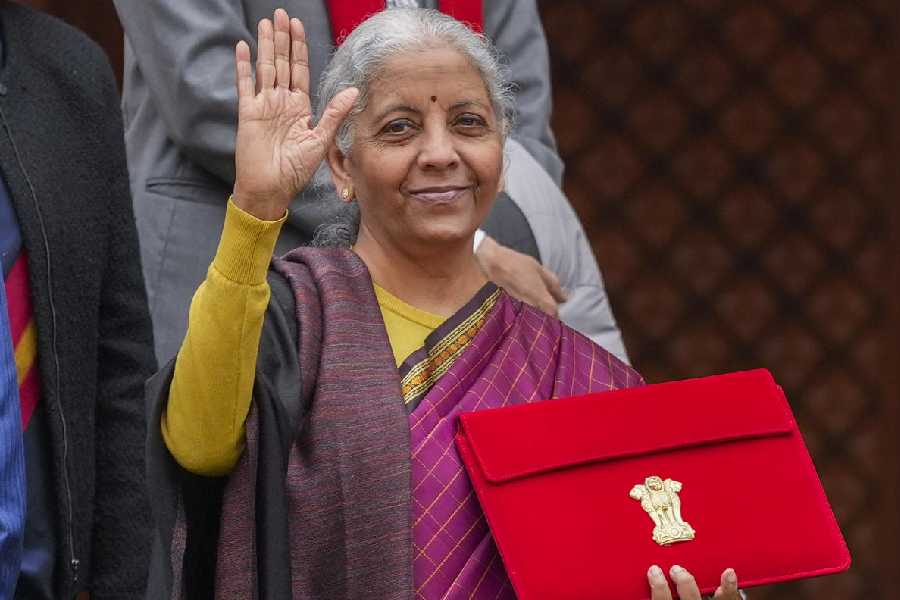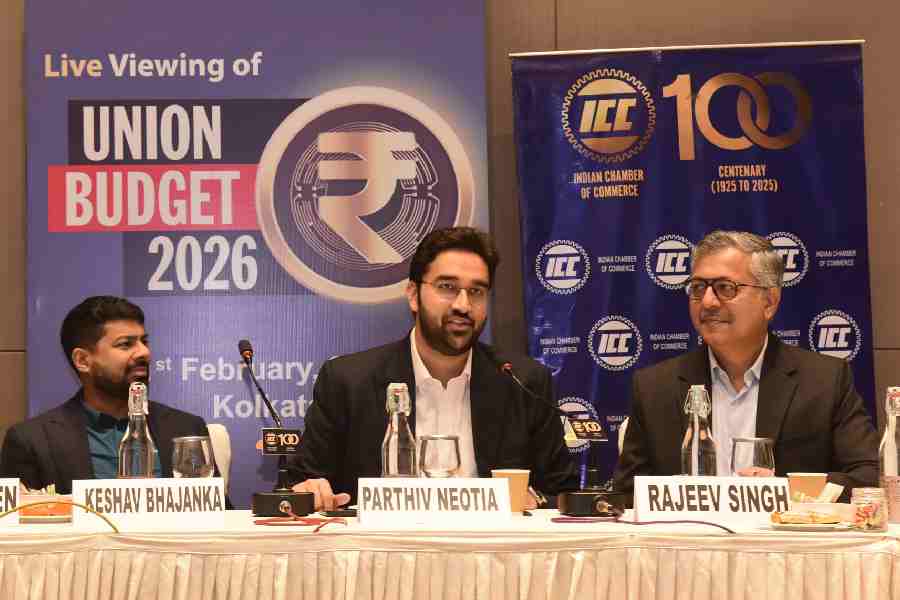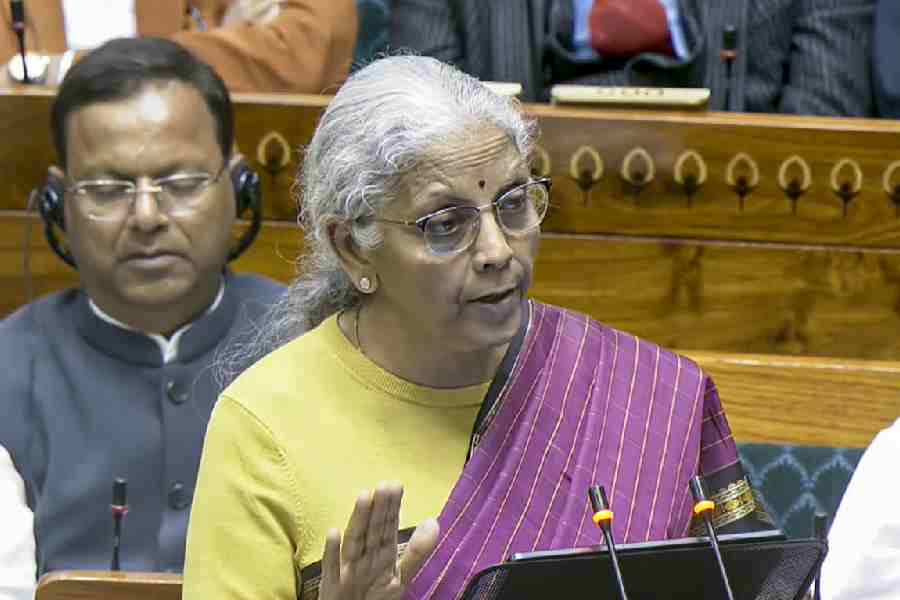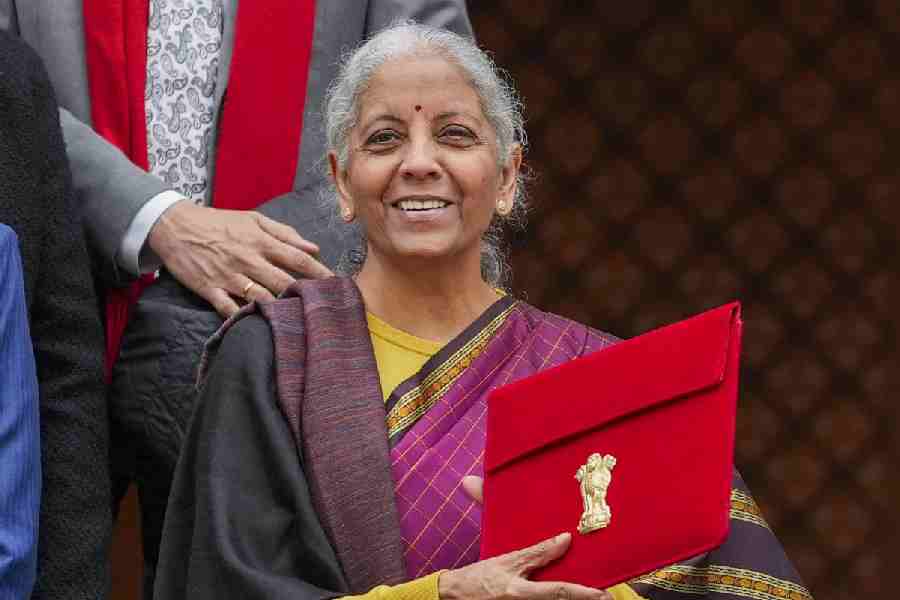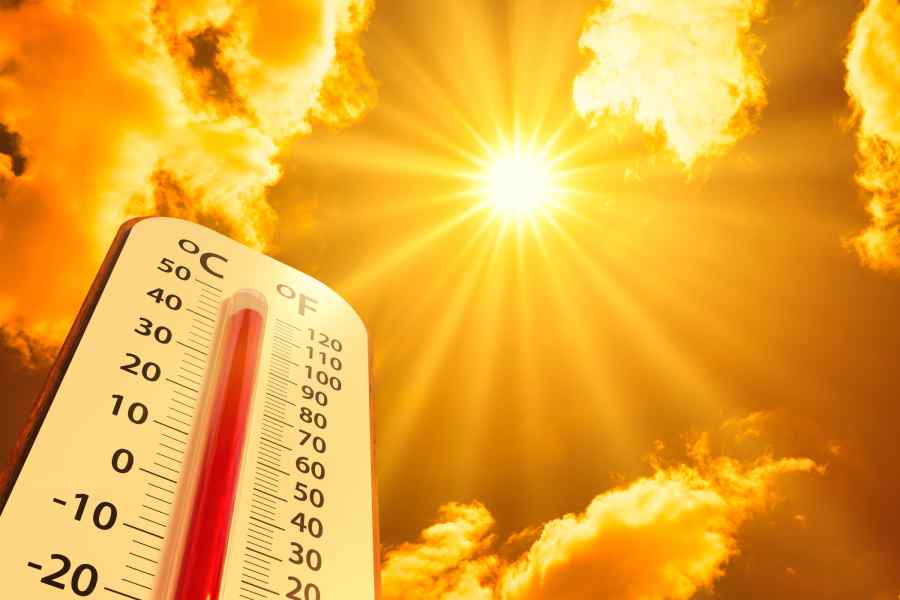A high-level committee formed by the Narendra Modi government to study the feasibility of the “One Nation One Election (ONOE)” idea has sought suggestions from the public within 10 days, prompting allegations that the window was too narrow and that such a poll measure would usher in a presidential form of government.
The committee, headed by former President Ram Nath Kovind, issued a public notice in newspapers on January 5, seeking suggestions till January 15 about the changes that need to be put in place to enable simultaneous elections in the country.
An academic disagreed with the window of 10 days and the idea of ONOE. Jagdeep Chhokar, former professor and dean at IIM Ahmedabad, said ONOE would usher in a presidential form of democracy and the notice seeking suggestions within 10 days was too short a timespan for the public to form an opinion.
The issue of ONOE has been under discussion for over 40 years. It was pushed by the Indira Gandhi government too in the 1970s. The Law Commission of India had studied the matter and opposed it a few years ago, saying the time was not appropriate for such a measure. However, recently it supported this idea when the matter was referred to it.
“The proposed ONOE is an indirect attempt to establish a de-facto presidential form of democracy because the nation will vote at one time for one type of policy, one type of ideology and one leader. The states are semi-independent constitutional authorities. They cannot be forced to merge their elections with the national elections. The federal principle is violated in this process,” Chhokar said.
He disagreed with the contention of the proponents of ONOE that recurrent elections affect development activities.
“At present, the national election is held at one go. But each state has its own rhythm. The people form their opinion according to their situation. The Model Code of Conduct (MCC) is implemented only in the states where elections are held. It does not prohibit ongoing schemes and activities at all. On the contrary, it offers a choice to the people to express their preference in forming a government. To say that the money saved by holding simultaneous elections will be used for development is really strange. Do we need the cheapest form of democracy where people need not think at all or an effective democracy?” Chhokar asked.
He said nearly 25 per cent of the people of the country were illiterate and they should also get the opportunity to express their opinion on ONOE. The notice seeking feedback in writing may not be a feasible option for the unlettered, Chhokar pointed out.
“It is not clear if the notice has been published in newspapers in vernacular languages. The notices in English newspapers are asking for feedback in writing when 25 per cent of the people do not know how to write. Can they be ignored?” he asked.
Chhokar said that many people might not have formed any opinion on the issue and it would be difficult for them to come to a conclusion in 10 days.
Retired bureaucrat and Rajya Sabha MP Jawhar Sircar said the committee on ONOE does not have any member from any Opposition party or civil society and was intrinsically one-sided.
“It is unwise to expect all state and national elections to happen simultaneously all the time. If a state government falls in six months, will it wait for four-and-a-half years till the next national simultaneous election? How will the legitimate government be run for all these years? Is it not unfair on the people of the state?” he said.
Sircar said the Modi government wanted electoral legitimacy but was pitching for all the wrong policies, adding that the BJP had the manpower, money, material and oratory to win elections.
Former chief election commissioner S.Y. Quraishi, however, said 10 days’ time was good enough to share feedback on an issue.

